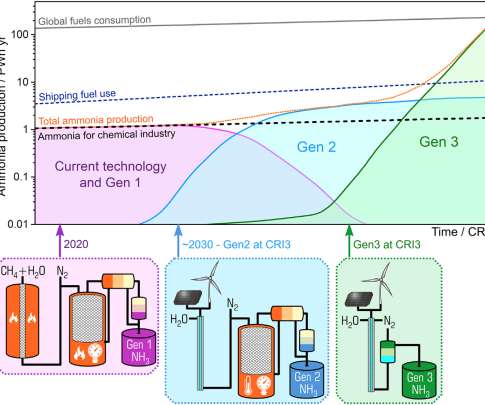CSIRO and partners to test Direct Injection Carbon Engine to reduce brown coal emissions by up to 50%
Green Car Congress
APRIL 28, 2014
DICE involves converting coal or biomass into a water-based slurry (called micronised refined carbon, MRC) that is directly injected into a large, specially adapted diesel engine. The process has very high conversion efficiency >97% (LCA); he fuel choice determines the carbon footprint. DICE development network.







































Let's personalize your content